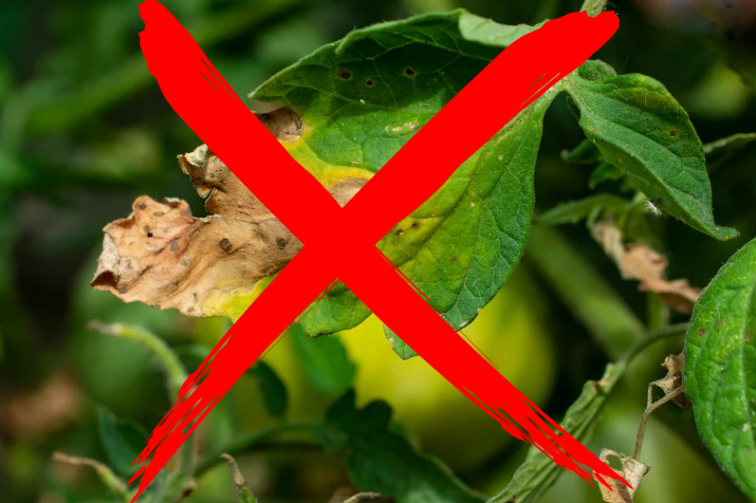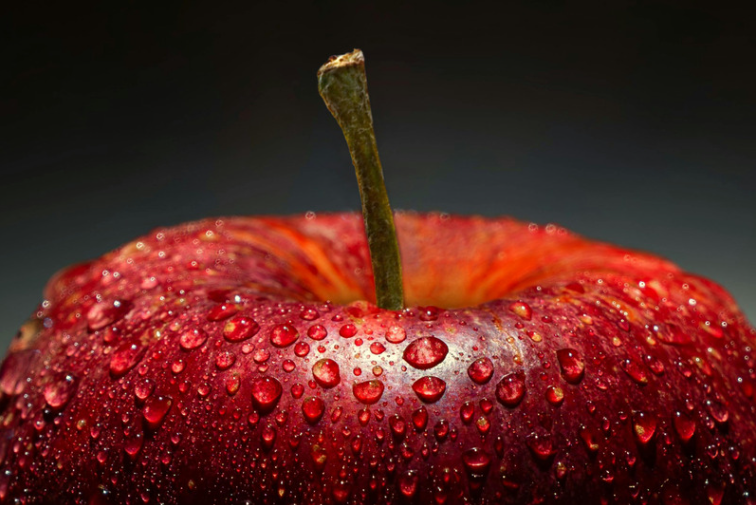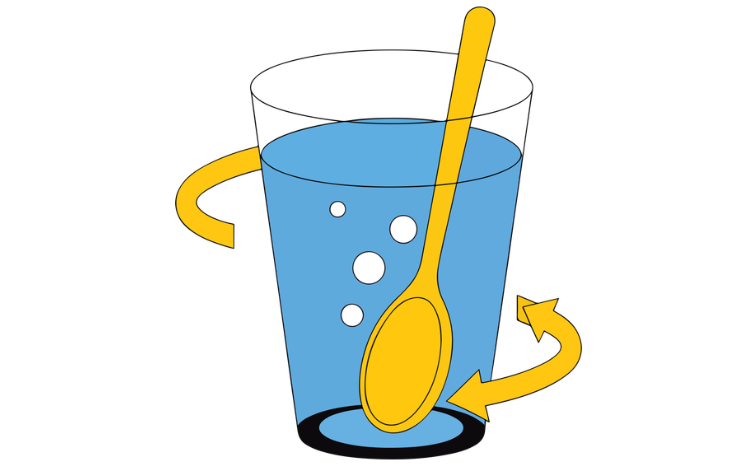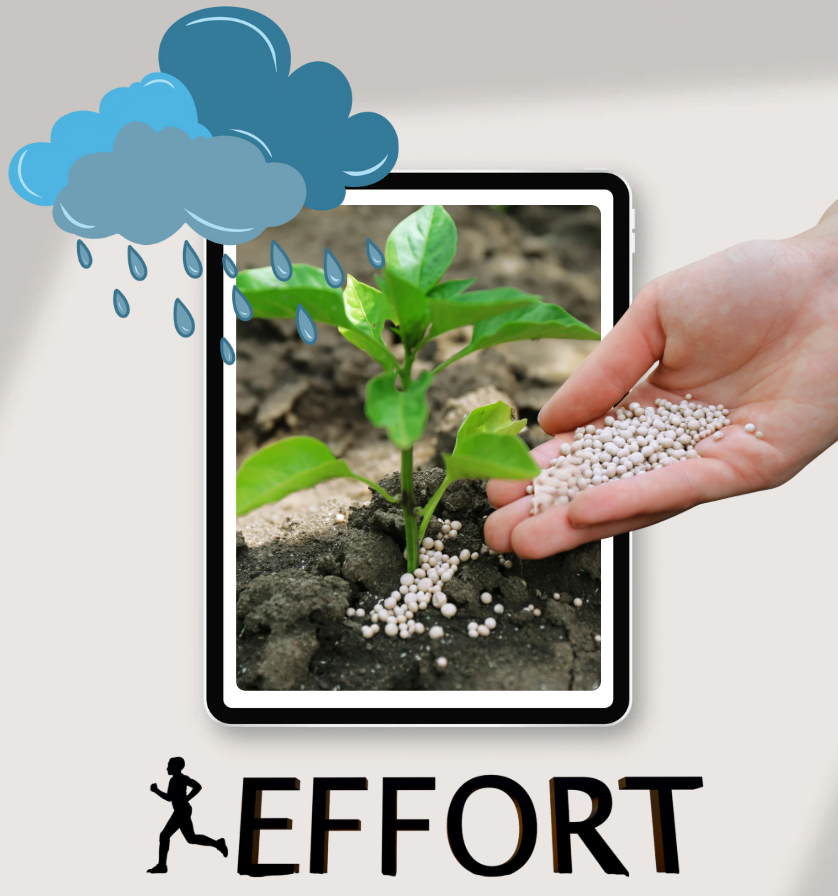
Is CS Formulation Safe? Does It Cause Leaf Burn or Residues?
In recent years, CS (Capsule Suspension) formulations of crop protection products have attracted increasing attention from farmers thanks to their long-lasting effectiveness and slow-release properties. However, many still have concerns:
❓ “Is CS safe?”
❓ “Does it cause leaf burn or leave residues on crops?”
This article addresses those concerns, based on scientific evidence and practical experience from multiple farming regions.
1. What Is CS and Why Is It Considered Safe?

CS (Capsule Suspension) is a modern formulation where the active ingredient is encapsulated in a polymer shell, forming microcapsules. When applied, the active ingredient is released gradually, rather than all at once like in EC (emulsifiable concentrate) or SC (suspension concentrate) products.
Factors that improve safety:
- Even dispersion in water → prevents chemical shock
- Slow release → crops absorb gradually
- Less volatility, less runoff → reduces soil and water pollution
👉 This is why CS products are often recommended for organic farming, safe agriculture, and to meet VietGAP / GlobalGAP standards.
2. Does CS Cause Leaf Burn?

Answer: Very rarely, if applied correctly.
Causes of leaf burn usually include:
- Overdosing
- Spraying during hot, sunny hours
- Improper mixing
Why CS is safer for leaves:
- Active ingredient is encapsulated → does not directly contact leaf surface immediately
- Contains less oil than EC formulations → less heat, slower evaporation
- Can be sprayed in the morning or late afternoon without harming plant tissues
📌 Field trials on coffee, pepper, and vegetables in the Central Highlands (Vietnam) have shown CS insecticides significantly reduce leaf burn compared to the same active ingredient in EC form.
3. Residue Concerns: Is CS Safe?

One of the biggest advantages of CS formulations is lower crop residues:
- Slow and gradual release → only a tiny amount of active ingredient is released daily
- Less likelihood of high surface residues on fruits and vegetables
- More stable → fewer repeat applications needed
📌 As long as the pre-harvest interval (7–14 days depending on the active ingredient) is followed, harvested produce remains safe and export-compliant.
4. Who Benefits Most from CS Formulations?
|
Farmer type |
Benefits |
|
Growers of perennial crops (coffee, pepper, durian, etc.) |
Fewer sprays, less labor required |
|
Farmers producing safe/clean crops |
Easier to meet GAP standards, lower residues |
|
Beginners using pesticides |
Easy to mix, lower risk if used properly |
5. Best Practices When Using CS Products

- Stir or shake thoroughly before spraying (capsules may settle at the bottom)
- Do not mix with oils or unapproved additives
- Spray when plants are dry, in cool conditions; avoid midday heat
✅ Conclusion
CS formulations are among the safest crop protection technologies available today. Agricultural experts strongly recommend them for sustainable farming. If farmers use the right dose and follow proper techniques, CS products:
- Do not cause leaf burn
- Do not harm applicators’ health
- Do not leave residues above legal limits
- And help save labor and long-term costs
Bình luận
Những bình luận mới nhất



